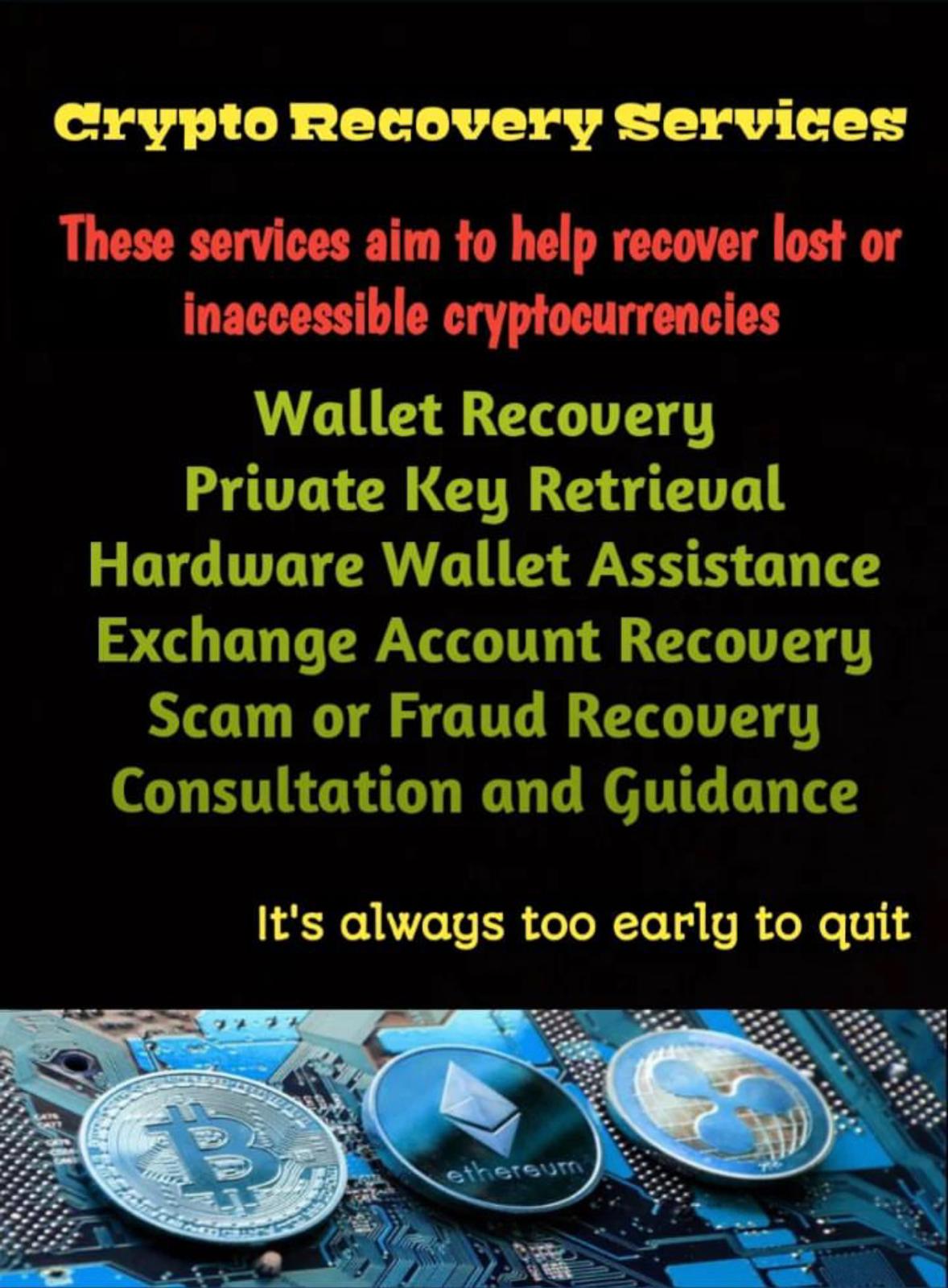How Crypto Scams Operate: Protecting Your Investments
Cryptocurrency has revolutionized the financial landscape, offering exciting investment opportunities. Unfortunately, its rapid growth has also attracted scammers who exploit the technology’s complexities and users’ vulnerabilities. This guide explains how crypto scams operate, common types of scams, and strategies to protect yourself.
What Are Crypto Scams?
Crypto scams involve fraudulent schemes that deceive individuals into handing over their cryptocurrency, personal information, or both. Scammers leverage the decentralized and irreversible nature of blockchain transactions, making stolen assets nearly impossible to recover.
Common Tactics Used in Crypto Scams
Scammers often employ psychological manipulation, technical tricks, or fake opportunities to trap unsuspecting users. They rely on urgency, fear of missing out (FOMO), or promises of high returns to lure victims into their schemes.
Why Are Crypto Scams Effective?
- Anonymity: Blockchain transactions are pseudonymous, making it difficult to trace scammers.
- Irreversibility: Once crypto is sent, transactions can’t be undone.
- Lack of Regulation: The unregulated nature of cryptocurrency allows fraudsters to operate unchecked in many jurisdictions.

How Crypto Scams Operate: Common Types
-
Phishing ScamsPhishing scams involve impersonating legitimate services to steal private keys, passwords, or seed phrases. Scammers create fake websites or send emails that look identical to trusted exchanges or wallets.Example: An email claims to be from your crypto wallet provider, urging you to verify your account by clicking a link. The link redirects to a fake website that captures your credentials.Prevention Tips:Always verify URLs and email addresses.Use two-factor authentication (2FA).Bookmark trusted sites.
-
Fake Investment OpportunitiesThese scams promise high returns on your cryptocurrency investments through fake trading platforms, Ponzi schemes, thus dubious Initial Coin Offerings (ICOs).Example: A website guarantees daily returns of 10% if you invest Bitcoin. After transferring funds, the scammers disappear.Prevention Tips:Research investment platforms thoroughly.Be cautious of guaranteed returns—they’re often red flags.Avoid unsolicited investment offers.
-
Giveaway ScamsGiveaway scams target social media users with promises of “free” cryptocurrency. Scammers impersonate celebrities or companies and ask victims to send crypto to “verify” their wallets before receiving a larger sum.Example: A Twitter post claims Elon Musk is giving away Bitcoin and asks you to send 0.1 BTC to receive 1 BTC in return.Prevention Tips:Avoid offers that seem too good to be true.Check official accounts before engaging.Report suspicious activity.
-
Rug Pulls
Rug pulls occur when developers of a cryptocurrency project suddenly withdraw all funds, leaving investors with worthless tokens.Example: A new DeFi project launches a token, attracts significant investment, and then shuts down, withdrawing all liquidity.Prevention Tips:Avoid projects with anonymous developers.Verify the project’s smart contract audit.Diversify your investments. -
SIM SwappingSIM swapping allows scammers to take control of your phone number, bypassing 2FA and gaining access to your crypto accounts.Example: A hacker contacts your mobile carrier, impersonates you, and requests a SIM swap. Once your number is transferred, they reset passwords and steal your funds.Prevention Tips:Use app-based 2FA rather than SMS-based.Set up a PIN or security question with your carrier.Monitor account activity regularly.
-
Ponzi and Pyramid SchemesThese schemes promise high returns but rely on recruiting new participants to pay earlier investors. Eventually, the scheme collapses, leaving most participants at a loss.Example: A company claims to offer a “revolutionary” crypto product and encourages you to recruit others to earn rewards.Prevention Tips:Be skeptical of opportunities requiring recruitment.Research the company’s history and reviews.Avoid schemes lacking a clear business model.

How to Protect Yourself From Crypto Scams
- Secure Your Wallets
Use reputable hardware or software wallets.
Protect private keys and seed phrases.
Enable multi-factor authentication. - Research Thoroughly
Verify the credibility of projects, websites, and influencers.
Look for reviews and community feedback.
Avoid pressure to act quickly. - Stay Updated
Follow trusted crypto news sources.
Educate yourself about new scam tactics.
Join forums and communities to learn from others. - Use Blockchain Analytics Tools
Tools like Etherscan or Chainalysis can help verify the legitimacy of transactions.
Monitor unusual wallet activities to spot potential scams.
What to Do If You Fall Victim to a Crypto Scam
- Report the Scam: Contact local authorities and report the incident to organizations like the FTC or SEC.
- Trace Transactions: Use blockchain explorers to track where your funds were sent.
- Consult Recovery Experts: While recovery is challenging, professional services may help recover stolen assets.
Conclusion
In conclusion, understanding how crypto scams operate is essential for anyone engaging with cryptocurrencies. Therefore, staying vigilant and informed can significantly reduce your risk of falling victim. Moreover, adopting security best practices, such as safeguarding private keys and verifying the authenticity of investment opportunities, ensures better protection. For instance, always double-check URLs and be skeptical of offers that seem too good to be true. Additionally, educating yourself about common scams, such as phishing, fake giveaways, and rug pulls, empowers you to recognize red flags. Thus, while the crypto space offers immense opportunities, exercising caution is the key to safeguarding your assets. Ultimately, knowledge and awareness are your best defenses against the ever-evolving tactics of crypto fraudsters.
Call to Action:
Want to stay updated on the latest crypto safety tips? Subscribe to our newsletter and protect your digital assets today! [Contact Now]


